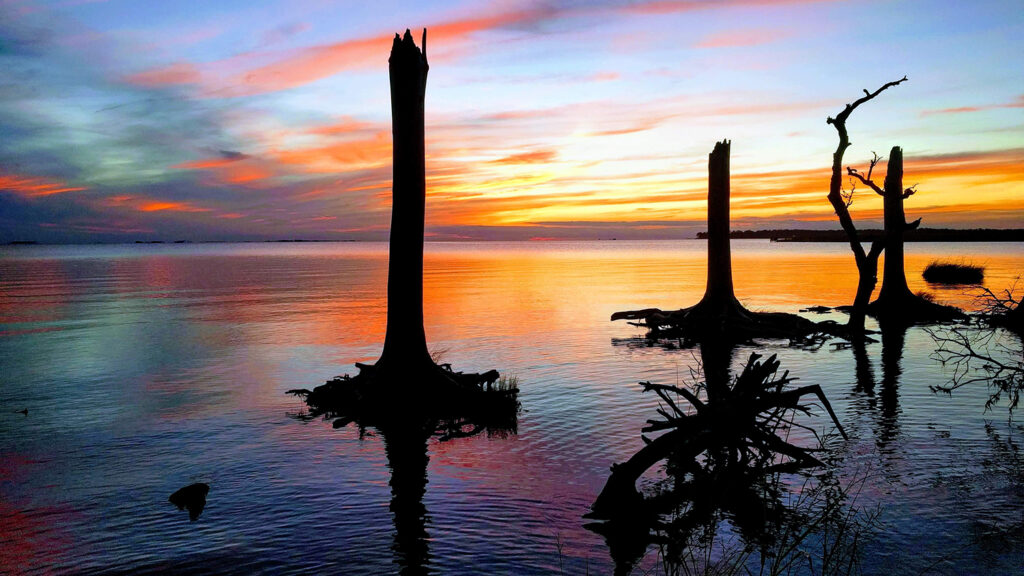About
In one of the nation's best-integrated geosciences department, we're making new discoveries about our ever-changing planet.

Land, Sea and Air
Earth is a dynamic place. So are our faculty researchers and students. We study our planet across the geologic, marine and atmospheric systems that shape the way we live. In the Marine, Earth, and Atmospheric Sciences (MEAS) Department , our 34 faculty researchers and 300 students work together to investigate the fundamental forces of nature.
Over the last five years, our faculty have received nearly $28 million in external research support, and they’ve launched 137 new funded projects. That funding comes from 13 federal agencies, 17 industry and non-governmental partners, and four state offices. Research defines our culture: nearly all our faculty and graduate students do research, as well as a third of our undergraduates.
And the research engages with real-issues and challenges: the threat of severe weather, the profound effects of subtle changes underwater, the dangers of air pollution and the power of big data to enhance our understanding of natural processes.
Probing the Present, Shaping the Future
NC State MEAS is confronting the earth-system problems of today and shaping the field leaders of tomorrow. In our state-of-the-art classrooms and labs, 240 undergraduate and 100 graduate students learn about the interactions among the atmospheric, earth and marine sciences.
Our location ideally positions our students apply what they learn outside the classroom. NC State, one of the nation’s top research universities, is home to Centennial Campus, where more than 70 government, industry and academic partners — including the North Carolina State Climate Office — work with our students and faculty. NC State is also the leader of the Southeast Climate Adaptation Science Center, a federal research partnership studying climate change.
Located in Raleigh, N.C., our department also puts our students in close proximity to the North Carolina mountains and the coast, ideal locations to observe marine and earth systems at work.
6:1 student-faculty ratio
In our undergraduate majors, students get the same personal attention from faculty they would at a small liberal-arts college.
Research That Reaches People
Intense curiosity drives our researchers, but they don’t work solely to gain new knowledge for themselves. Our studies serve the greater good, and we put them at the public’s disposal through an outreach network that touches people of all ages, all over North Carolina.
We also share the results of our research by advising state and federal agencies, visiting schools around the state, interacting with the media, and through other outreach programs, including RiverNet and our work with the North Carolna State Climate Office.